ICCV 2023: 4th Workshop on Visual Perception for Navigation in Human Environments.
The JackRabbot Human Motion Forecasting
The JackRabbot Human Motion Forecasting

Welcome to the fourth workshop in the JRDB series! Our workshops are designed to tackle perceptual problems that arise when autonomous robots operate, interact, and navigate in human environments including human detection, tracking, forecasting, and body pose estimation, as well as social grouping and activity recognition.
In this workshop, we are excited to explore the challenging task of human motion forecasting in dynamic and unpredictable environments. We will introduce a new competition that challenges participants to develop models capable of accurately predicting human trajectories using the JRDB dataset. We have also invited speakers from the field of visual perception and prediction to offer valuable insights into understanding human action and behavior.
We invite researchers to submit their papers addressing topics related to autonomous (robot) navigation in human environments. Relevant topics include, but not limited to:
Full-paper are limited to eight pages, including figures and tables, in the ICCV style. Additional pages containing only cited references are allowed. For more information, please refer to the guidelines provided by ICCV here. Extended abstracts should also adhere to the ICCV style and are restricted to a maximum of one page, excluding references (The submission for extended abstracts will be open on August 9). Accepted papers have the opportunity to be presented as a poster during the workshop. However, only full-papers will appear in the proceedings. By submitting to this workshop, the authors agree to the review process and understand that we will do our best to match papers to the best possible reviewers. The reviewing process is double-blind. Submission to the challenge is independent of the paper submission, but we encourage the authors to submit to one of the challenges.
Submissions can be made here. If you have any questions about submitting, please contact us here.
Submit to our WorkshopSegDA: Maximum Separable Segment Mask with Pseudo Labels for Domain Adaptive Semantic Segmentation
Cross-Dimensional Refined Learning for Real-Time 3D Visual Perception from Monocular Video
A Dual Perspective of Human Motion Analysis - 3D Pose Estimation and 2D Trajectory Prediction
A Lightweight Skeleton-Based 3D-CNN for Real-Time Fall Detection and Action Recognition
THOR-Magni: Comparative Analysis of Deep Learning Models for Role-conditioned Human Motion Prediction
Congratulations to the "Human Scene Transformer" team for securing the 1st place and winning the challenge! 🥇 For more details and to explore the performance of other teams, check out the leaderboard.
In real-world scenarios, the ability to forecast trajectories is crucial, even in situations where tracking algorithms may not perform optimally. This poses an open challenge that requires end-to-end forecasting future trajectories given raw sensory data. In this task, given video clips and point clouds of jrdb dataset, the objective is to forecast the future trajectories of people (x,y coordinates of center of bounding boxes on the ground) in each scene for the next 4.8 seconds at a frame rate of 2.5 frames per second. The videos and point clouds for the 4.8 seconds part are hidden. The input is unrestricted, and we solely assess the forecast trajectories for the hidden part of the test. Feel free to use tracking leaderboards, off-the-shelf models, or even your own model to detect people from input data and forecast people's trajectories! For more information on the dataset, metric and benchmark, please refer to JRDB-Traj paper.
Each challenge submission should be followed by an extended abstract or full paper submission via our paper submission portal (see details above) or a link to an existing preprint/publication. The top 3 will have the opportunity to present their work as a spotlight (5 minutes) in the workshop, with the first-place winner receiving the prize. To qualify for the first-place prize ($1,000) and certificate, a minimum of 5 distinct groups must submit their solutions to the challenge before the deadline.
The challenge submission deadline is September 15 September 18 - 23:59 PT.
Participants must strictly adhere to the submission policy provided on the main JRDB webpage, which can be found here. To differentiate challenge submissions from other regular submissions, each submission name should be followed by an ICCV23 tag, e.g., "submissionname_ICCV23". Submissions without this tag will not be considered for the challenge. Moreover, the name, abstract and the link to a paper (an arXiv preprint is acceptable) should be completed in due time. Please be aware that after the updating information deadline, incomplete submissions will be filtered out.
We use the first metric after "name" in the leaderboard as the main evaluation for ranking the entries. For each benchmark, we have also created toolkits to work with the dataset, perform evaluation, and create submissions. These toolkits are available at here.
| Time | Speaker | Title |
|---|---|---|
| 13:30 - 13:40 | Introduction | |
| 13:40 - 14:10 | Fatma Güney | Multi-Agent Trajectory Prediction: Scene-Centric or Agent-Centric? |
| 14:10 - 14:30 | Saeed Saadatnejad and Hamid Rezatofighi | Introducing the JRDB Dataset and the Challenge |
| 14:30 - 15:00 | Patrick Pérez | Better Perception for Safer Driving |
| 15:00 - 15:15 | Khoi Nguyen | VinAI, Data Annotation Services |
| 15:15 - 15:45 | Coffee break & poster session | |
| 15:45 - 16:15 | Ehsan Adeli | Compositional Activity Parsing |
| 16:15 - 16:45 | Georgios Pavlakos | Perceiving Humans in the 4D World |
| 16:45 - 17:00 | Challenge winners presentations | |
| 17:00 - 17:30 | Marco Pavone | Scaling Up AV Simulation via Generative AI |
| 17:30 - 17:40 | Discussion, Closing Remarks and Awards |


Associate Professor at Stanford University, USA
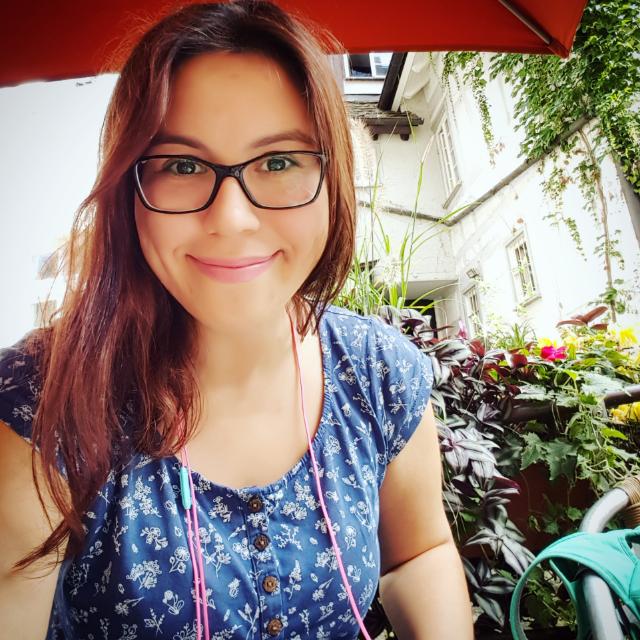

Assistant Professor at Koc University in Istanbul, Turkey
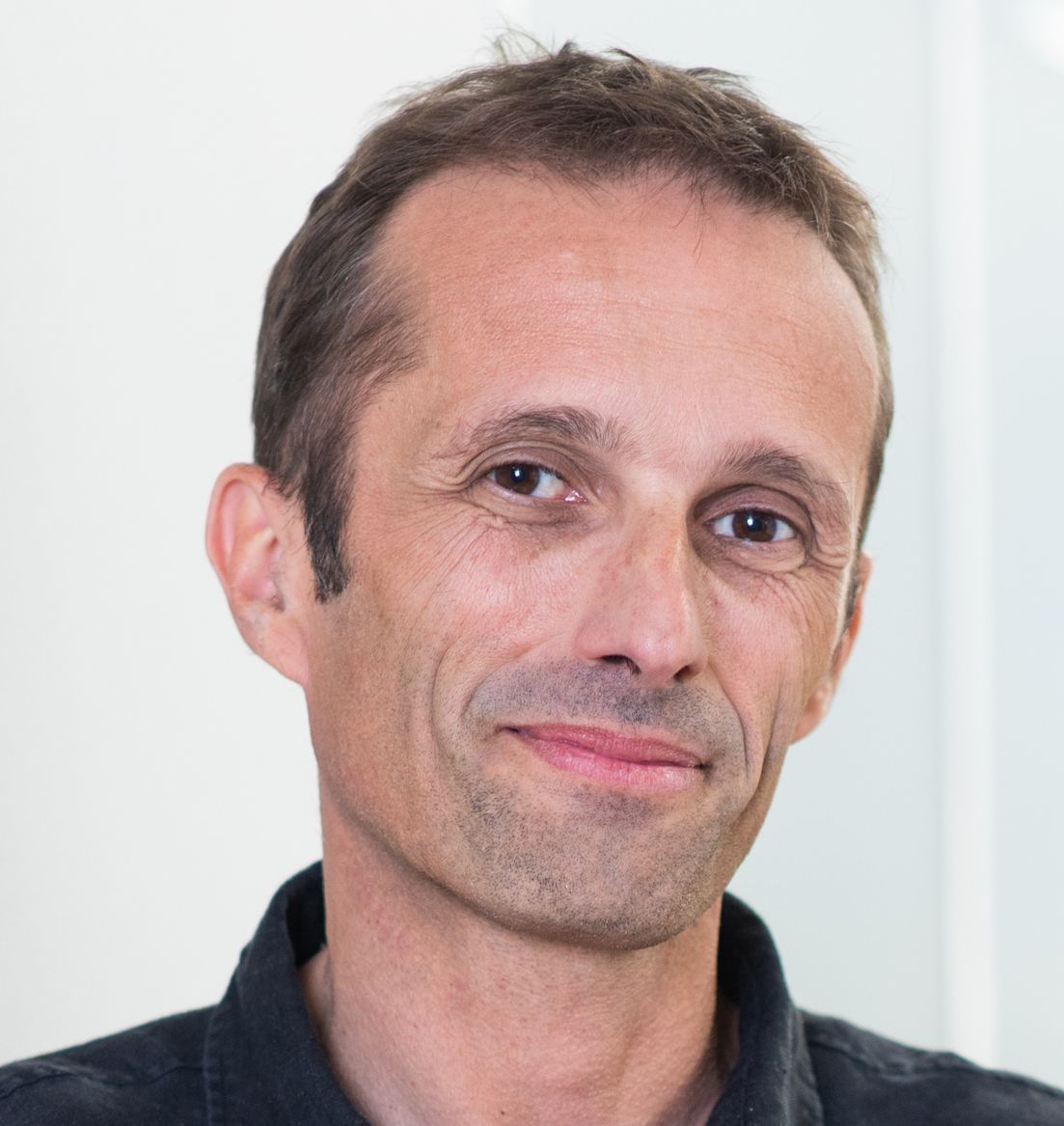

Valeo VP of AI and Scientific Director of valeo.ai, France


Assistant Professor at UT Austin, USA
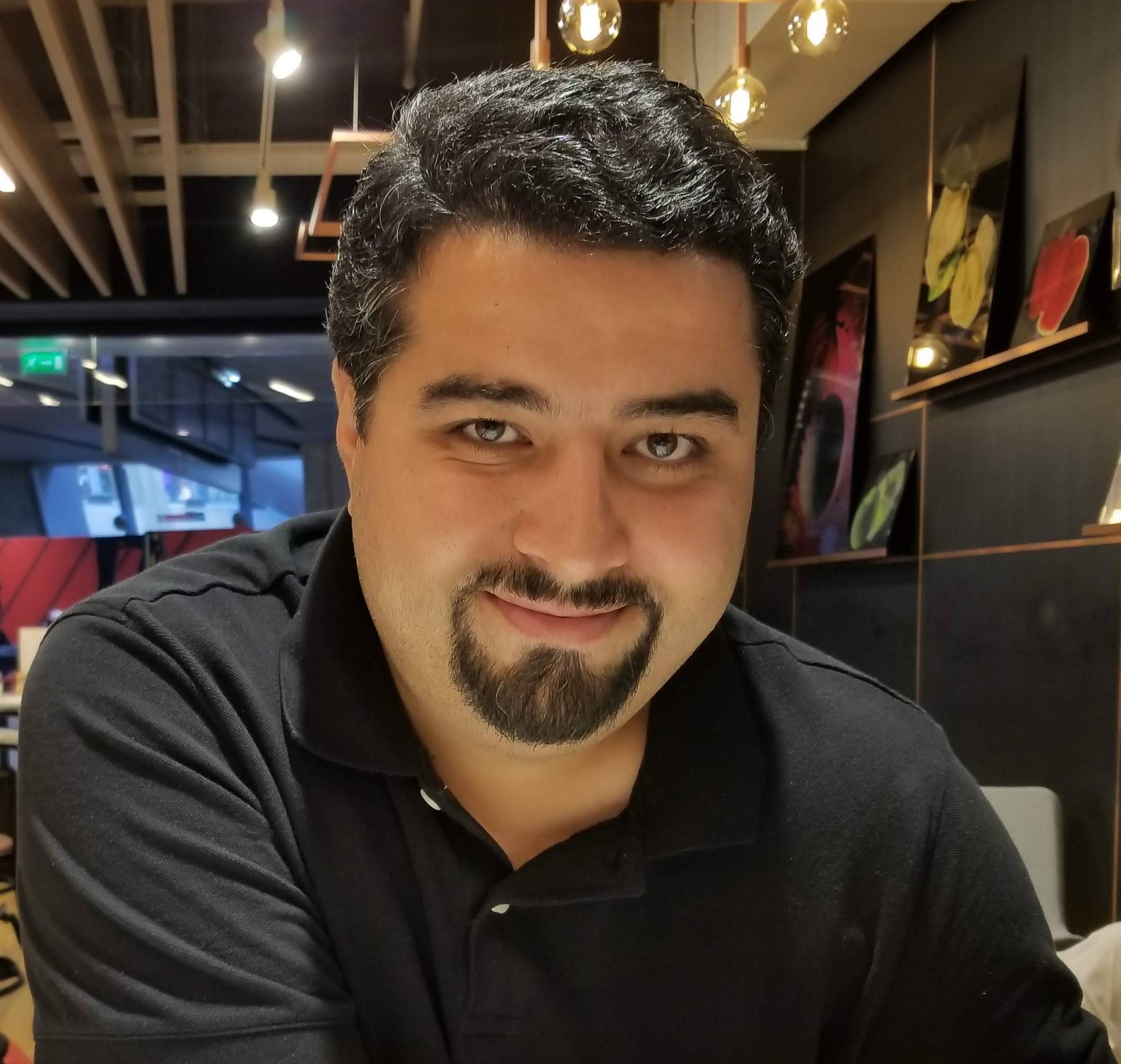

Assistant Professor at Stanford University, USA
| Name | Organization |
|---|---|
| Andrey Rudenko | Bosch |

Monash University
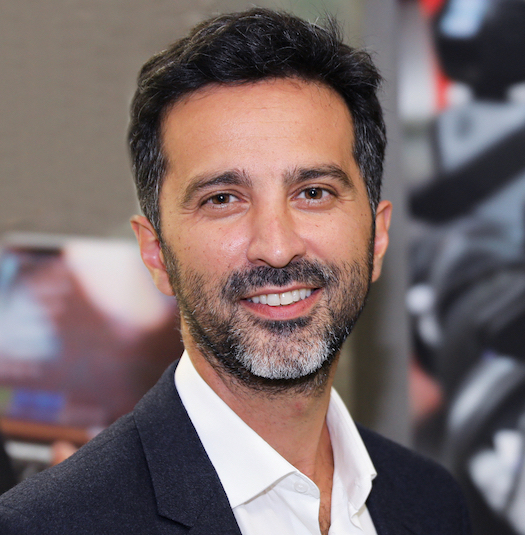
EPFL

The University of Adelaide

Stanford University
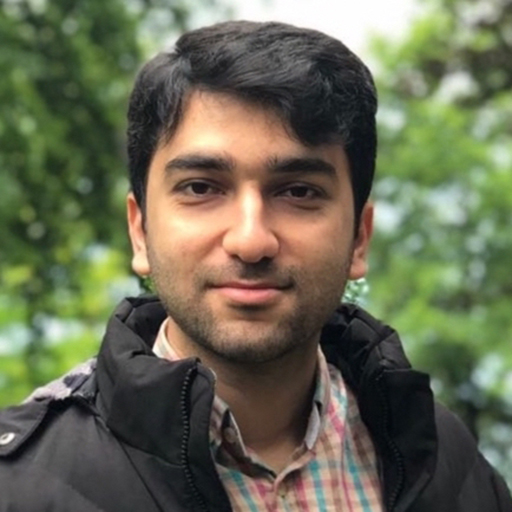
EPFL
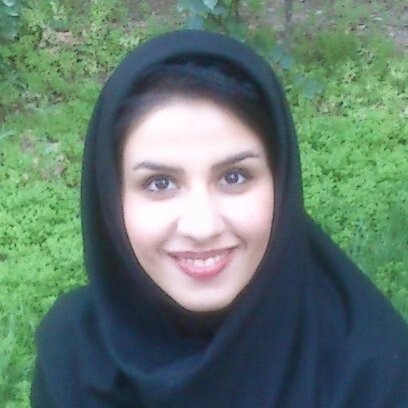
Monash University
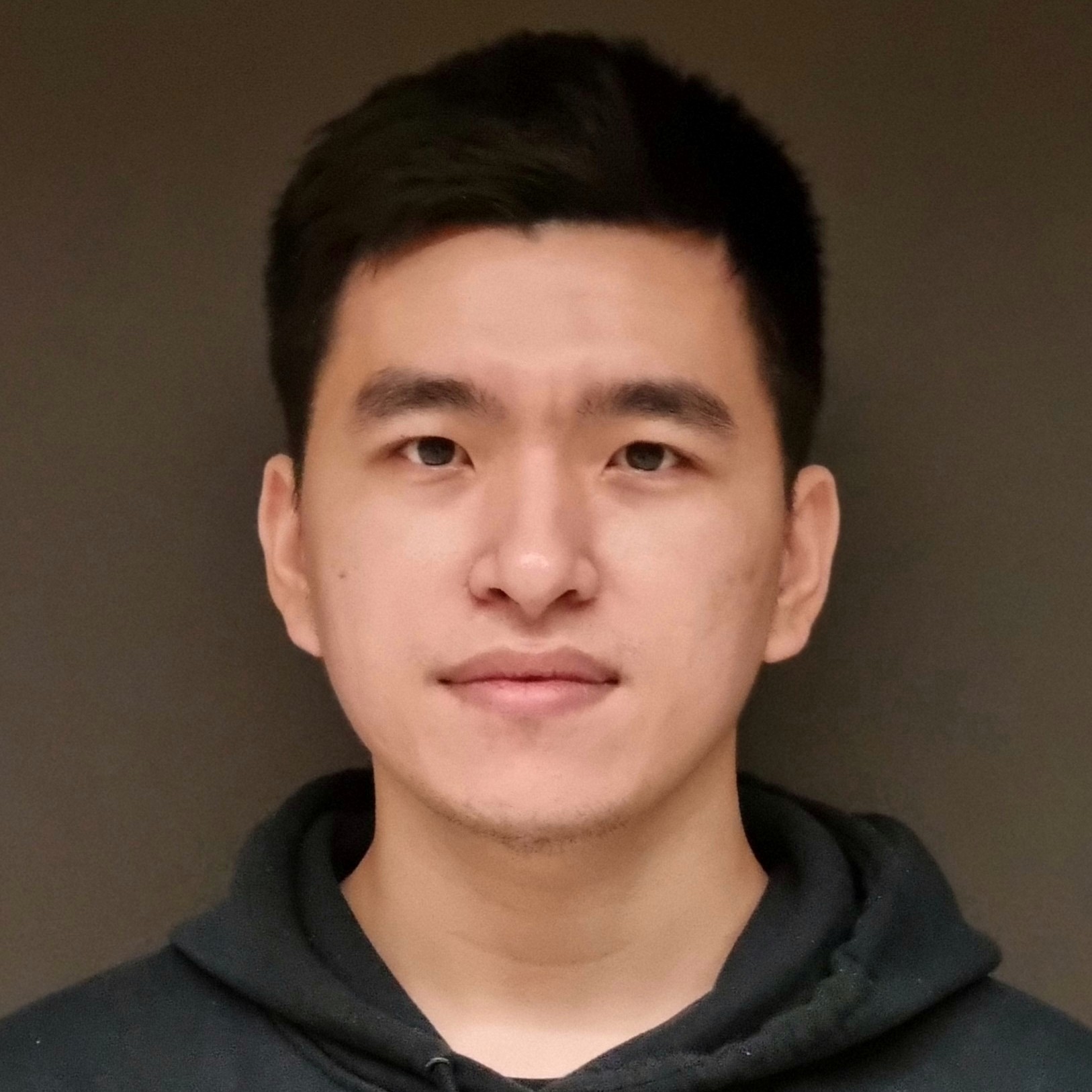
Monash University